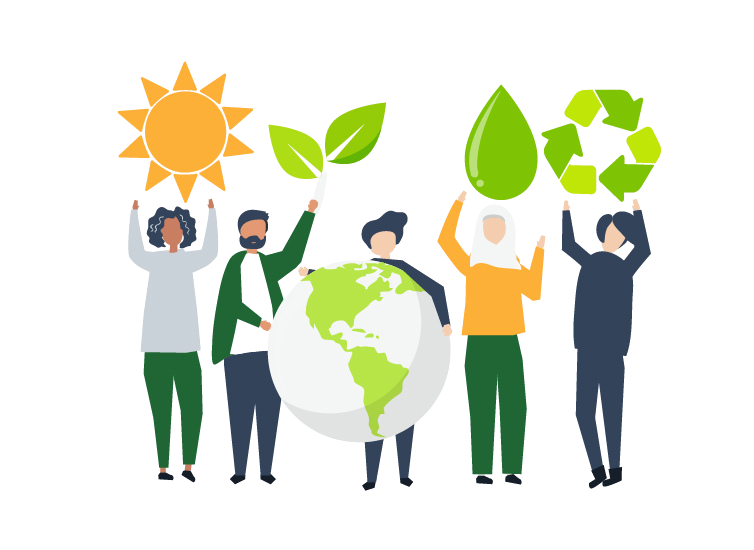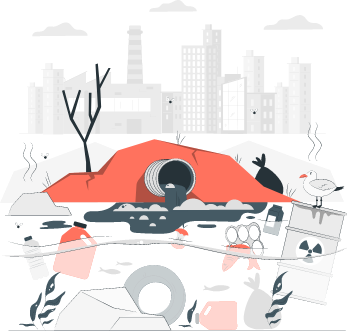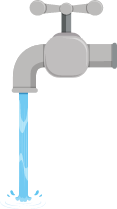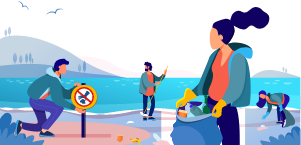Water scarcity, a pressing global issue, continues to intensify due to a myriad of factors including population growth, urbanization, and climate change. With more than 2 billion people living in areas facing high water stress, the urgency of addressing this crisis cannot be overstated. According to recent data from the United Nations, by 2050, global water demand is projected to exceed current supply by 40%. This imbalance threatens not only human health and sanitation but also agriculture, industry, and ecosystems worldwide.
Developing regions, already vulnerable, bear the brunt of this crisis, facing increased economic hardship and social instability. Moreover, the inequitable distribution of water resources exacerbates disparities within and between nations, deepening existing socio-economic divides. Urgent action is imperative to implement sustainable water management practices, foster international cooperation, and ensure equitable access to this precious resource for present and future generations. Failure to address water scarcity threatens not only human survival but also the stability of our planet’s ecosystems.
To address the critical issue of water scarcity, our strategy focuses on proactive measures designed to not only mitigate the immediate challenges but also lay the foundation for sustainable solutions. The Water Quest Analysis initiative will serve as a crucial first step, enabling us to identify remote areas where access to safe water is lacking. Through comprehensive assessments of community needs and active engagement with local stakeholders, we can tailor our interventions to address specific challenges and ensure meaningful impact.
The deployment of AI-enabled smart hand pumps marks a significant advancement in our approach to water management. By leveraging cutting-edge technology, we can collect real-time data on water usage, quality, and distribution. This data provides invaluable insights that allow us to optimize resource allocation, detect potential issues early, and respond promptly to emerging challenges. Moreover, the AI pump deployment not only enhances operational efficiency but also empowers communities by providing them with access to reliable and safe water sources.
Data Flow Analysis is a critical component of our strategy, enabling us to harness the power of artificial intelligence to process and analyze the vast amounts of data collected through our initiatives. By employing AI algorithms, we can identify patterns, anomalies, and potential water quality issues with unprecedented speed and accuracy. This proactive approach not only allows us to take preemptive measures to safeguard water safety but also facilitates evidence-based decision-making and resource allocation.
Overall, our integrated approach to addressing water scarcity combines grassroots engagement, technological innovation, and data-driven insights to create lasting impact. By prioritizing community needs, deploying advanced technologies, and leveraging data analytics, we are confident in our ability to tackle this pressing global challenge and ensure equitable access to safe water for all.
















